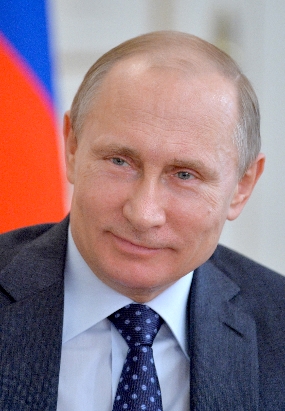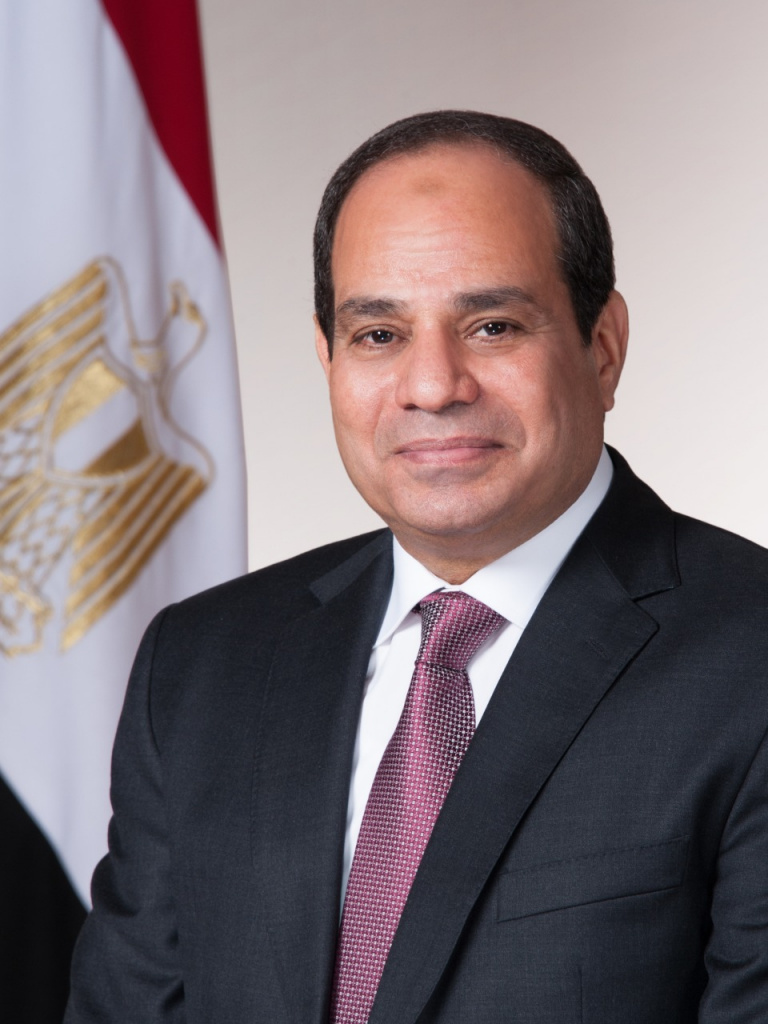Russia and Africa: Prospects for the Development of Inter-University Cooperation
On 27 July, a discussion was held on the topic Russia and Africa: Prospects for the Development of Inter-University Cooperation as part of the Cooperation in Science and Technology section of the business programme of the Russia–Africa Economic and Humanitarian Forum. The discussion was attended by Valery Falkov, Minister of Science and Higher Education of the Russian Federation, Paul Gundani, Vice Chancellor of the Zimbabwe Open University, Alexei Demidov, Rector of St. Petersburg State University of Industrial Technologies and Design, Vice-President of the Russian Union of Rectors, Dmitry Endovitsky, Rector of Voronezh State University, Vice-President of the Russian Union of Rectors, Manuel Guilherme Júnior, Rector of the Eduardo Mondlane University (Mozambique), Victor Kalunga Tshikala, Rector of the University of Kalemie (Democratic Republic of the Congo), Paul Chisale, Acting Vice-Chancellor of the Copperbelt University (Zambia), and others. Viktor Sadovnichy, Rector of Lomonosov Moscow State University, President of the Russian Union of Rectors, and Academician of the Russian Academy of Sciences, was the moderator.
Launching the discussion, Viktor Sadovnichy talked about the work of the Russian Union of Rectors and invited his African colleagues to join the Eurasian Universities Association. He also proposed organizing a science festival at a university in an African country; these have been held in Russia for the past 16 years.
Valery Falkov, Minister of Science and Higher Education of the Russian Federation, addressed the audience with a welcoming speech. “Education is the great engine of personal development. It is through education that the daughter of a peasant can become a doctor, that the son of a mineworker can become the head of the mine, that a child of farmworkers can become the president of a great nation,” said the head of the Ministry of Education and Science of the Russian Federation, quoting the words of Nelson Mandela, the former president of South Africa. According to the minister, over 310,000 qualified specialists from the continent have been trained in Russia during the history of cooperation with Africa. Currently the number of budget-funded places for African students in Russia has been boosted significantly: if in 2020 there were 1,700, then in 2023 there were already 4,700.
Participants discussed the prospects of educational cooperation between Russia and African countries, the problems in this sphere and ways to overcome them, as well as priority areas for this cooperation and the needs of the African continent in terms of specialists.
Paul Gundani, Vice Chancellor of the Zimbabwe Open University, remarked: “Why is Russian not one of the popular languages in Zimbabwe? Russia was not a participant in the project of the colonization of Africa. We were educated in English and it unites the whole country. Now there is growing interest in tourism in Zimbabwe, it has become one of the drivers of economic growth, and some universities offer Russian language courses. The government’s policy is to cooperate with Russia. We will teach Russian to those who work in trade and business. We need to open Russian language centres in Africa, particularly in Zimbabwe.”
Reflecting on how to intensify cooperation between the two countries, Victor Kalunga Tshikala, Rector of the University of Kalemie (Democratic Republic of Congo), proposed three options. “The first is to develop the study of the Russian language in African universities. The second is to develop scientific projects in the economic and political sciences and in security and culture that are of mutual interest, and then it will be possible to form a society that will share our values. The third is to strengthen the programme to support students who study in Russian universities and send more students to study in Russia,” he said.


